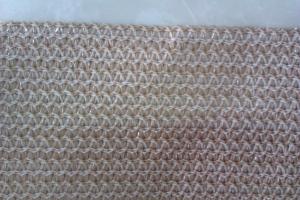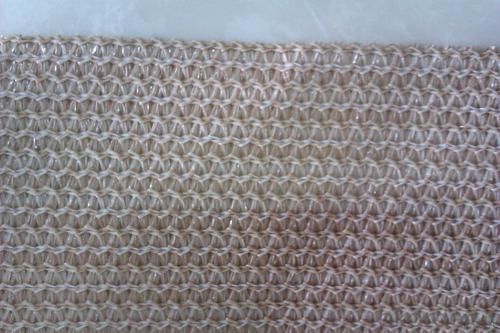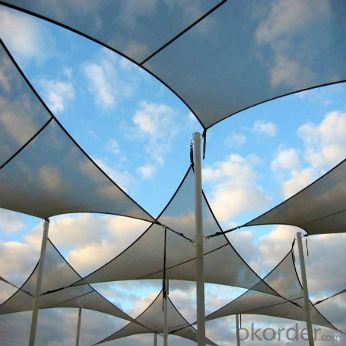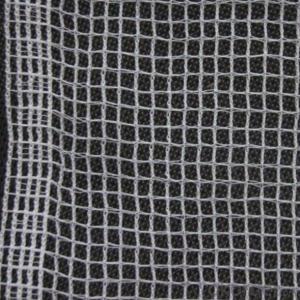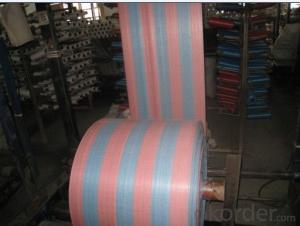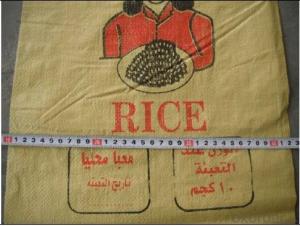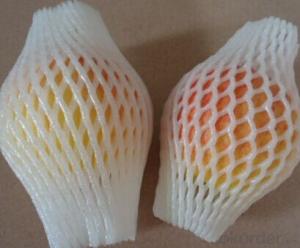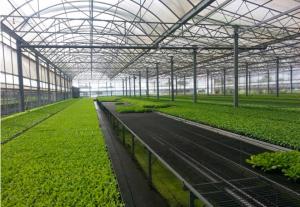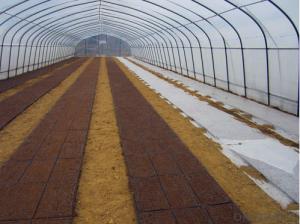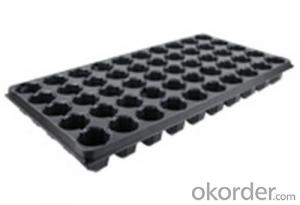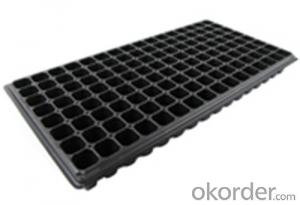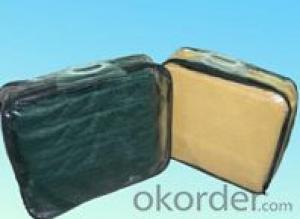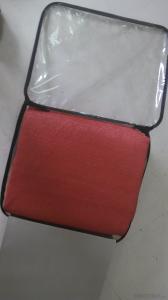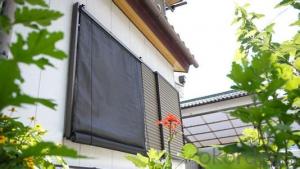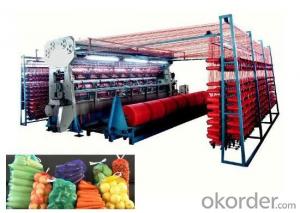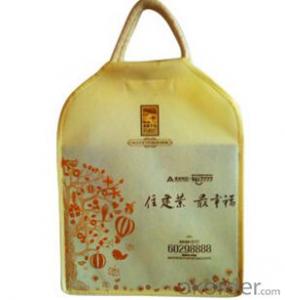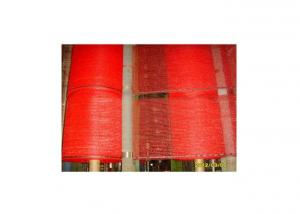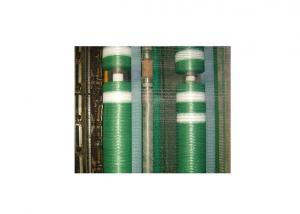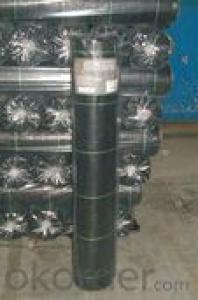Shade cloth sail 230g 4.2x100m export to America
- Loading Port:
- Ningbo
- Payment Terms:
- TT OR LC
- Min Order Qty:
- -
- Supply Capability:
- 50000pcs pc/month
OKorder Service Pledge
OKorder Financial Service
You Might Also Like
Shade Sail water-proof cloth sail 160GSM
Material: 100% virgin HDPE
Using life: 5 ~10 years Gurantee
Export market: Europe ,America,Japan, the Middle East ,Africa
Shape: Square, Triangle , Rectangle
Net weight: 160g/m2--320g/m2
Size: 3x3m, 3.6x3.6m 3x3m, 3x3x3m,5x5m,5x5x5m and so on UV block: 85-95%
Application:
It could be used in the outdoor in home and garden , kindgarden.
Delivery time :
we could ship at once if our regular size .
Packaging & DeliveryPackaging Detail: Each piece of sail will be put into a pvc hadle bag with a color label inside, seveal pcs packaging into a paper carton with shipping mark.
- Q: Can ground cover plants be used to create a natural-looking path?
- Yes, ground cover plants can be used to create a natural-looking path. By carefully selecting and arranging a variety of low-growing plants, such as creeping thyme, moss, or Irish moss, a beautiful and organic path can be created that blends seamlessly with the surrounding landscape. The use of ground cover plants also adds texture, color, and a sense of tranquility to the path, enhancing its natural appeal.
- Q: PVC-neopreneCan They be catagorized as plastics?
- PVC is a plastic, however Neoprene is a synthetic rubber.
- Q: Which is more comfortable plastic or metal frames?
- Plastic tends to be heavier, so they might be uncomfortable if you have sensitive skin. At the same time, though, plastic frames rest directly on your nose, wheres metal frames have a nose brigde. In short, the weight of plastic frames is distributed more evenly, which I feels more comfortable to me. Nose bridges can kind of dig in and leave grooves if you wear your glasses all day.
- Q: Are there any ground cover plants that are suitable for dry shade?
- Yes, there are several ground cover plants that are well-adapted to dry shade conditions. Some examples include Lamium maculatum (Dead Nettle), Vinca minor (Periwinkle), Pachysandra terminalis (Japanese Spurge), and Ajuga reptans (Bugleweed). These plants are known for their ability to tolerate low light levels and lack of moisture in shady areas, making them suitable choices for dry shade conditions.
- Q: Is it true that although most plastic bottles are recyclable they arent recycled because it costs more to recycle bottles than to actually make now ones. I heard that and was just wondering if it was actually true or not.
- They make other things out of plastics and they not use it again as it was before. True, I believe that recycled plastics costs a lot than making new ones because of the many processes that will be made .
- Q: What rules or laws govern the disposal of used agricultural fertilizer packaging?
- <p>Yes, there are regulations on the disposal of expired agricultural fertilizer bags. These regulations vary by country and region, but they generally aim to prevent environmental contamination. In many places, it is required that these bags be disposed of in a manner that prevents leakage of hazardous substances into the soil or waterways. This often involves proper collection, storage, and disposal methods, such as recycling or incineration in facilities designed to handle hazardous waste. Farmers and agricultural businesses must adhere to these regulations to avoid penalties and protect the environment.</p>
- Q: How do you control ground cover plants that become too aggressive?
- There are a few effective ways to control ground cover plants that become too aggressive. Firstly, regular maintenance such as cutting back or trimming the plants can help keep them in check. Additionally, installing physical barriers like edging or landscape fabric can prevent their spreading. Another option is selective herbicide application, targeting only the aggressive plants while sparing desirable ones. Finally, thinning or removing some of the plants altogether can reduce their aggressiveness and allow other plants to coexist.
- Q: Is it worth to be a plastic surgeon?
- a good, well respected one, yes definately.
- Q: How does ground cover impact the overall soil structure?
- Ground cover can have a significant impact on the overall soil structure. It helps to protect the soil from erosion caused by wind or water, which helps maintain the soil's integrity. The roots of ground cover plants also help to stabilize the soil and prevent it from becoming compacted. Furthermore, ground cover can improve soil fertility by adding organic matter as it decomposes, enhancing its ability to retain moisture and nutrients. Overall, ground cover plays a crucial role in promoting healthy soil structure and ecosystem functioning.
- Q: Can ground cover be used as a natural mulch?
- Yes, ground cover can be used as a natural mulch. Ground covers such as low-growing plants or grasses can help to suppress weed growth, retain moisture in the soil, and regulate soil temperature, just like traditional mulch. Additionally, ground cover can provide aesthetic appeal to your garden or landscape while serving as a protective layer for the soil.
Send your message to us
Shade cloth sail 230g 4.2x100m export to America
- Loading Port:
- Ningbo
- Payment Terms:
- TT OR LC
- Min Order Qty:
- -
- Supply Capability:
- 50000pcs pc/month
OKorder Service Pledge
OKorder Financial Service
Similar products
Hot products
Hot Searches
Related keywords
